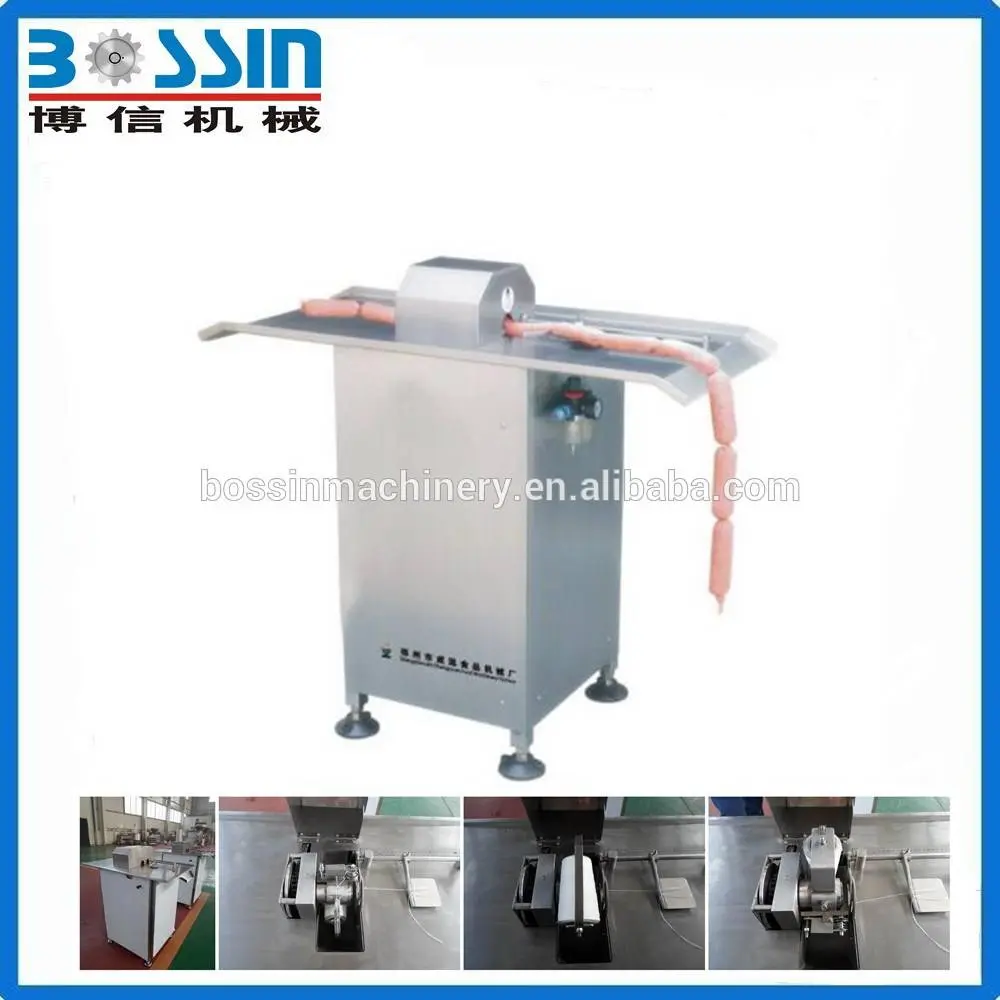Aug . 02, 2024 14:47 Back to list
Comprehensive Guide to Meat Grinder Prices and Features for All Your Cooking Needs
Understanding the Meat Grinder Pricing Landscape
In the world of culinary equipment, meat grinders play a crucial role for both home and commercial kitchens. Whether you're a professional chef looking to craft specialty sausages or a home cook interested in making your own ground meat, understanding the pricing landscape of meat grinders can help in making an informed decision. This article delves into the various factors influencing meat grinder prices and what to look out for in a purchase.
Types of Meat Grinders
First and foremost, it's essential to recognize that meat grinders come in various types—manual and electric being the primary categories. Manual grinders are typically less expensive, averaging between $25 to $100. They are simple in design and can be a great choice for occasional use. Comparatively, electric meat grinders are more expensive, ranging from $100 to over $500, depending on the features and brand. These machines are favored for their efficiency and convenience, making them ideal for frequent use or larger batches.
Factors Influencing Prices
1. Power and Capacity One of the most significant factors affecting the price of an electric meat grinder is its motor power and capacity. A model with a powerful motor can grind meat quickly and handle tougher cuts, which is especially useful for high-volume establishments. These grinders can range from $150 to $500, depending on the power output, often measured in watts.
2. Material Quality The materials used in the construction of a meat grinder also impact its price. Stainless steel grinders are more expensive than plastic ones due to their durability and ease of cleaning. Investing in a higher-quality machine can save money in the long run, as it will be more resilient and may come with a warranty.
3. Attachments and Accessories Many meat grinders come with additional attachments, such as sausage stuffing tubes, kibbeh attachments, or various grinding plates. These features enhance versatility and can significantly raise the price of a grinder. For instance, a model that includes multiple attachments can run anywhere from $200 to $400.
meat grinder pricelist

4. Brand Reputation Just like any other kitchen appliance, brand reputation plays a vital role in pricing. Well-established brands known for their quality and customer service often charge a premium. However, it's essential to balance brand loyalty with actual performance and user feedback.
5. User Reviews Customer feedback and reviews can provide invaluable insight into a grinder's performance and reliability. Reading through user experiences will give you a better understanding of whether a particular model justifies its price. Budget-friendly options often have reviews indicating performance limitations, while higher-end models tend to receive praise for their efficiency and durability.
Making the Purchase
When considering your budget for a meat grinder, it’s wise to think about your intended use. For occasional home cooking, a manual grinder or a basic electric model may suffice. However, if you're planning to grind meat regularly or for a business, investing in a more robust electric grinder would be beneficial.
Additionally, keeping an eye on sales, discounts, and promotions can provide opportunities to get a better deal on a specific model. Online marketplaces frequently have price reductions, allowing savvy shoppers to find high-quality meat grinders at more affordable prices.
Conclusion
In conclusion, the landscape of meat grinder prices is influenced by various factors, including type, power, materials, and brand reputation. By understanding these elements, consumers can make informed decisions based on their culinary needs and budget. Whether you opt for a manual grinder or a high-capacity electric model, the right meat grinder can enhance your cooking experience, providing you with fresh, ground meat that adds flair to any dish.
Latest news
-
Pneumatic Clipping Machine - Shijiazhuang Bossin Machinery | Sausage Production Line, Small Meat Shop
NewsAug.29,2025
-
Pneumatic Clipping Machine - Shijiazhuang Bossin Machinery Equipment Co., Ltd. | Efficient Sausage Production & Precision Clipping
NewsAug.29,2025
-
High-Performance Bearings for Industrial & Precision Applications
NewsAug.27,2025
-
High-Performance Vanes for Pumps & Compressors | Durable & Efficient
NewsAug.26,2025
-
JC999-03 Sausage Link Cutter: High-Speed Precision Slicing
NewsAug.21,2025
-
Sausage Link Cutter JC999-03: Precise, Efficient Production
NewsAug.19,2025
